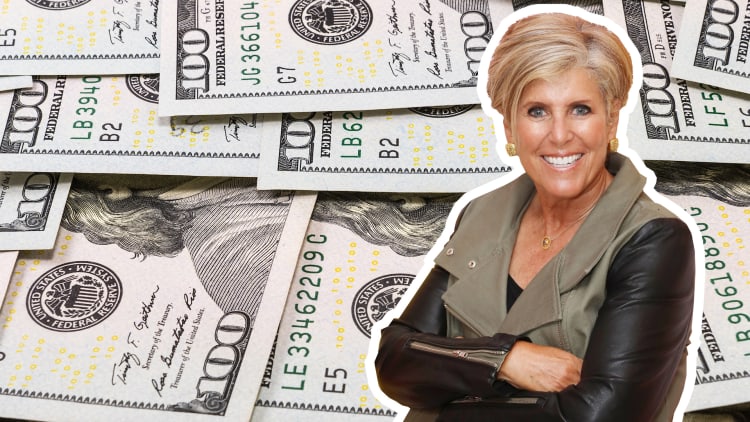Congresswoman Alexandria Ocasio-Cortez (NY-D) has a new plan to address poverty in the U.S.
Called "A Just Society," the six-bill package, released Wednesday, September 26, aims to "combat the greatest threats to our country, our democracy, and our planet: economic inequality and climate change," according to Ocasio-Cortez's website.
The bills would, among other things, cap annual rent increases at 3%, ensure those who have been convicted of a crime can get access to federal poverty programs and adjust the federal poverty line to account for factors like geography, health insurance costs and modern living essentials, like internet access.
"[W]ith our Just Society package, we're not simply addressing poverty or wages. We're addressing some of the basic structural reasons that are resulting in those outcomes," Ocasio-Cortez told The New York Times.
Some 38 million people in the U.S. live in poverty, and fewer people in younger generations are considered middle class, compared to their parents' generations.
But people across socio-economic classes have felt financial strain in recent years, as costs for housing, health care, college and more continue to climb ever-upward, far outpacing wages, in many cases, which have remained relatively stagnant.
The bills in Ocasio-Cortez's poverty package attempt to address some of those concerns.
What 'A Just Society' addresses
Each of the six bills focuses on a different aspect of poverty in the U.S.
The Recognizing Real Poverty Act, for example, would change federal poverty line guidelines to account for new factors, like family size, geographic location, health insurance and child-care costs and other "new necessities." Ocasio-Cortez contends that the current definition, which relies on spending numbers from decades ago, does not take modern Americans' real expenses into account, leaving "millions of Americans experiencing poverty to fall through the ever-growing holes in our social safety programs."
Currently, a single person in the U.S. is considered poor if they make less than $12,500 per year. The New York representative tweeted that the poverty line under a new definition could be closer to $38,000.
Two bills, the Embrace Act and the Mercy in Re-Entry Act, would outlaw the denial of federal benefits based on immigration status or criminal conviction. The formerly incarcerated, in particular, face significant economic hurdles. As Morning Consult recently wrote, "poverty is a leading driver of incarceration, and incarceration is a leading driver of poverty." It's an ongoing vicious cycle.
"Almost half of ex-prisoners have no reported earnings in the first several years after leaving prison; among those who do find work, half earn less than $10,090 a year or less than a full time job at minimum wage," reports the Brookings Institute.
These same formerly incarcerated people are also often denied government benefits because of their criminal records. That exacerbates the trouble and stigma they face after leaving prison.
"Access to a robust set of supports can help individuals while they work to attain self-sufficiency and avoid rearrest and reincarceration," notes the Center on Budget and Policy Priorities, a progressive think tank.
What's next for these bills
With Republicans in control of the Senate and White House, it is unlikely that any of these bills will be signed into law anytime soon. For now, the freshman congresswoman will have to engage her fellow Democrats in the House on the issues the bills address.
"I don't think there's any shortage of obstacles that we have ahead of us, but I don't think that we not do things just because they're hard," Ocasio-Cortex told the New York Times. "In fact, sometimes the hard things to do are the most worthwhile."
Don't miss: Alexandria Ocasio-Cortez: To pay off student loans 'I had to do something that was nearly impossible'
Like this story? Subscribe to CNBC Make It on YouTube!



